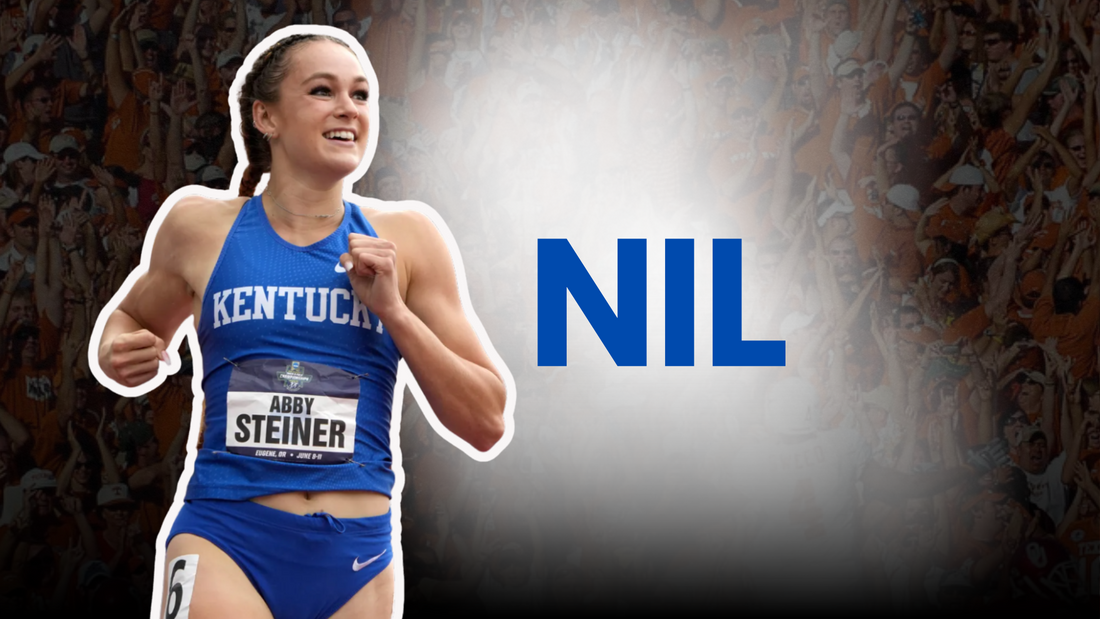
How NIL Deals Are Transforming College Track and Field: Top Athletes Cashing In
By Jayson Panganiban June 09, 2025 09:27
Since the NCAA’s landmark decision in 2021 to allow college athletes to profit from their name, image, and likeness (NIL), the landscape of college sports has undergone a seismic shift. Track and field, long overshadowed by football and basketball in terms of revenue and exposure, is now experiencing a renaissance as athletes leverage NIL deals to monetize their talents and personal brands. By 2025, NIL has become a game-changer for collegiate track stars, offering new financial opportunities and altering recruiting dynamics.
NIL’s Impact on College Track and Field
Historically, track and field athletes had limited avenues for income during their collegiate careers. The NCAA’s interim NIL policy, combined with varying state laws, now allows athletes to sign endorsement deals, promote products on social media, and engage in personal appearances all without jeopardizing their eligibility. This shift has empowered athletes to capitalize on their performances and growing fanbases.
According to a 2025 report by Track & Field Fan Hub, dozens of collegiate track athletes have secured NIL deals ranging from local sponsorships to national brand partnerships. These deals often include endorsements from sports apparel companies, nutritional supplements, and even tech brands seeking to tap into the sport’s expanding audience.
Top Athletes Cashing In
Among the highest-profile beneficiaries is Abby Steiner, a sprint sensation who has parlayed her NCAA championships and world-class times into lucrative endorsement deals. Steiner’s social media presence, combined with her on-track success, has attracted partnerships with major athletic brands, reportedly earning her six-figure deals annually.
Similarly, hurdler Grant Holloway, a multiple-time NCAA champion and world medalist, has signed with prominent sponsors, including a major footwear company and a sports drink brand. Holloway’s marketability is bolstered by his charismatic personality and consistent top-tier performances.
Emerging stars like Britton Wilson and Erriyon Knighton are also making waves, securing NIL deals that reflect their potential to become the next generation of track superstars. Knighton, for example, has become a social media influencer in addition to his sprinting accolades, amplifying his earning power.
Changing Recruiting and Training Dynamics
NIL deals have introduced new considerations for coaches and programs. Recruiting now involves not only athletic potential but also an athlete’s marketability and social media reach. Programs with strong local or national brand connections can offer athletes better NIL opportunities, influencing transfer decisions and scholarship negotiations.
Moreover, athletes are increasingly investing in personal branding and professional management to maximize NIL income. Many work with agents or marketing firms to navigate contracts and endorsements, a trend that was rare before 2021.
Challenges and Considerations
Despite the opportunities, NIL also presents challenges. The patchwork of state laws and institutional policies creates complexity, requiring athletes to be vigilant about compliance. Additionally, the pressure to maintain a marketable image can add stress to young athletes balancing academics and training.
Frank Darras, a sports law expert, notes, “NIL has empowered athletes financially but also introduced legal and ethical complexities. Proper guidance is essential to protect their interests and eligibility.”
The Future of NIL in Track and Field
As NIL continues to evolve, its influence on college track and field is expected to grow. The 2025 proposed NCAA agreement to compensate past athletes signals broader changes ahead, potentially expanding financial opportunities further.
For many collegiate track athletes, NIL deals are no longer side opportunities but integral to their athletic careers. As Abby Steiner remarked in a recent interview, “NIL has allowed me to focus more on my training and less on financial stress. It’s changing the game for all of us.”
NIL deals have transformed college track and field by providing athletes with unprecedented financial opportunities and reshaping the sport’s culture. Top stars like Abby Steiner and Grant Holloway exemplify how athletes are capitalizing on their brands, while programs adapt to new recruiting realities. As the market matures, NIL will remain a defining feature of collegiate track and field, empowering athletes both on and off the track.

































































